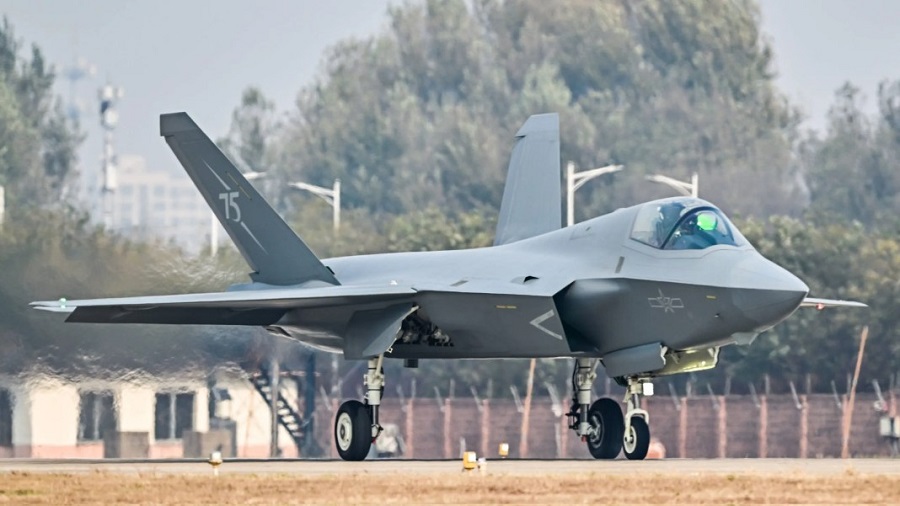Pakistan Acquires KJ-500, J-35 Fighter Jets from China
The acquisition of KJ-500 and J-35 fighter jets is expected to significantly enhance Pakistan's military capabilities, while also raising questions about the strategic implications of this deal and its potential impact on regional stability, with many wondering who benefits from the deal and what this means for the future of Pakistan-China defence cooperation.

Pakistan's military modernisation efforts have taken a significant leap with the confirmed acquisition of up to 40 Chinese J-35 fifth-generation stealth fighter jets, along with KJ-500 airborne early warning and control aircraft and HQ-19 ballistic missile defence systems.
The deal, which includes pilot training in China, is expected to increase pressure on India to advance its own fifth-generation fighter procurement efforts, amid ongoing regional tensions. The initial deliveries of the jets are expected in August 2025, marking a significant milestone in the Pakistan-China defence cooperation.
The acquisition has sparked controversy in China, with citizens questioning the financial prudence and strategic wisdom of exporting an unproven, fifth-generation aircraft to a client state with an unreliable credit record. The J-35A is still undergoing testing and has not been inducted into China's own air force, raising concerns about the risks involved in the deal.
The deal has been criticized as a high-risk bet funded by the Chinese taxpayer, and its timing has been seen as a response to recent tensions in the region. As Pakistan prepares to receive the advanced fighter jets, the implications of this deal will be closely watched by the international community, particularly in the context of regional security dynamics.